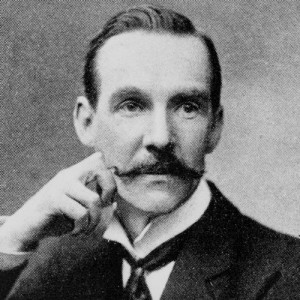John Hobson argued that the capitalist market drove the imperialistic trend of the late 1800s, as opposed to nationalism. ((John Hobson, Imperialism, 1901)) Much like colonialism, imperialism is a policy that allows for one country to take control over another, generally by military force. Hobson was writing Imperialism in London just after the Long Depression, one of the worst recessions in history. The depression affected economies worldwide; however, England took the hardest hit. Being in the midst of all the economic failure around him must have prompted Hobson to criticize imperialism. Although many people were literate in England at this time, Hobson was most likely writing for Parliamentary members because they had the most political influence.
Hobson argued that nationalism was a term being used too loosely; he inferred that imperialism couldn’t be considered a nationalist policy because it involved people in the empire who were not geographically, culturally, or linguistically bound. ((John Hobson, Imperialism, 1901)) He called out the British government for not focusing on their political and economic problems instead spreading their power to other parts of the world that were not asking to be controlled. ((John Hobson, Imperialism, 1901)) Hobson’s intent with this piece was essentially to tell the British government to get their act together and deal with their issues rather than create more problems in other parts of the world.

